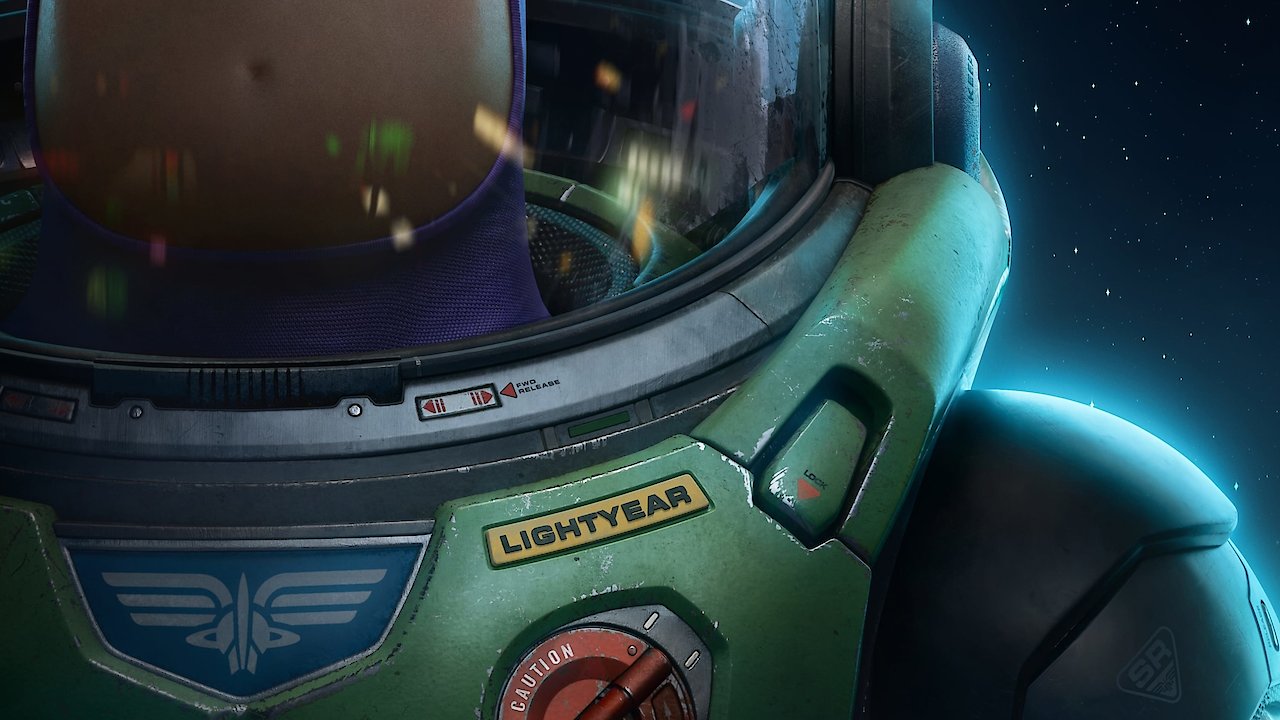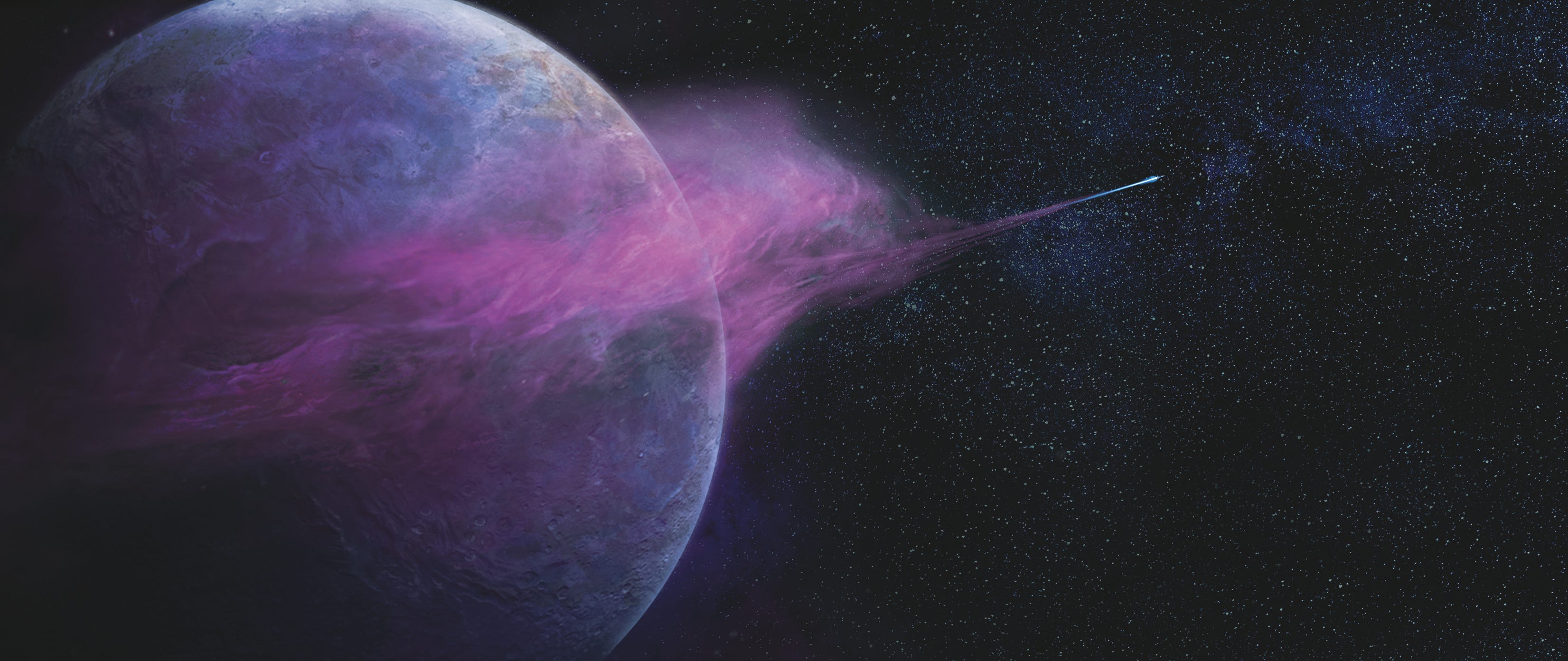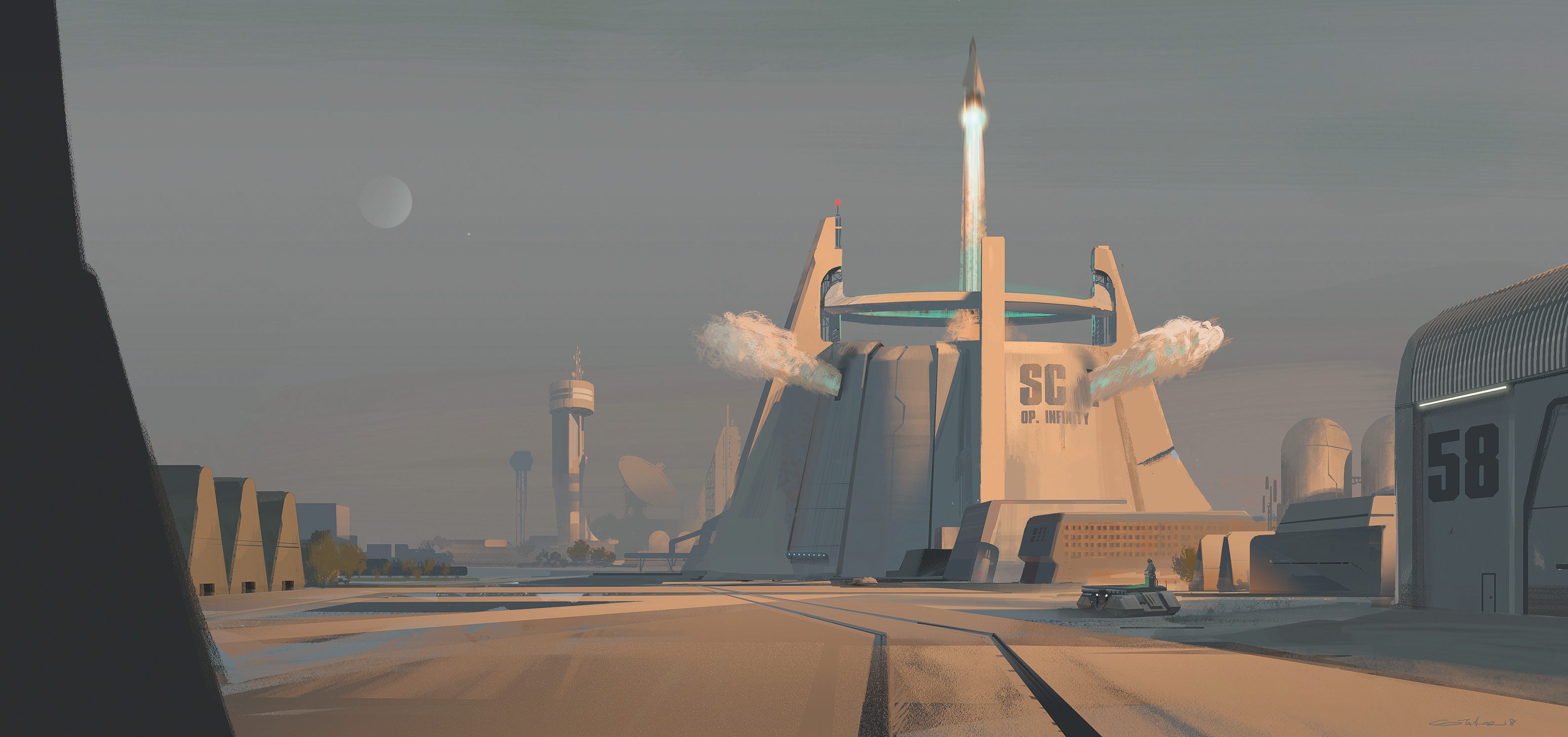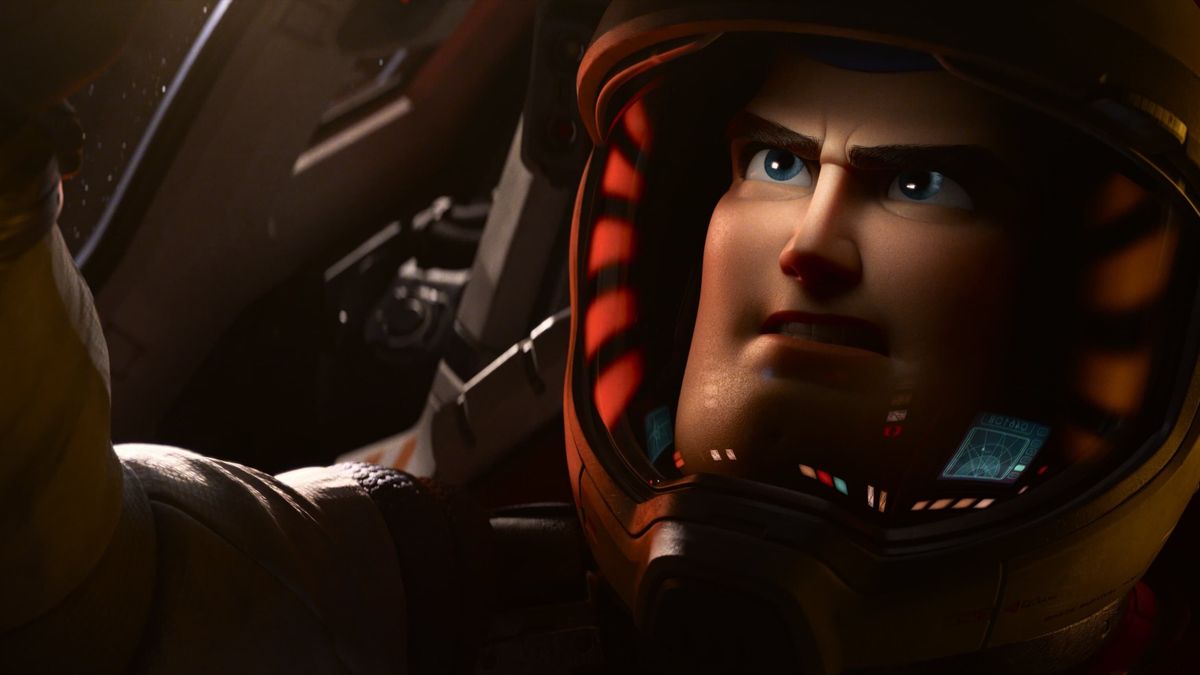Lightyear (2022) and indoctrinating the young
From the title of this post, you might expect me to rant about Pixar's "woke agenda" and how movies with gay couples are "poisoning young minds". To be extremely clear, that is not what this is about at all. In fact, this article is celebratory - hooray for children's science fiction! Bring them into the fold! Start em' young!
Yes, that's what I mean when I say "indoctrinating the young". Science fiction, especially space-opera style sci-fi, specifically for kids, seems to be kind of hard to come by these days. I'm not talking about franchise extensions in the sense of Marvel movies, I'm talking about standalone films (or, in this case, something that has the ability to function as a standalone film). The only other popular one I can think of in this vein is WALL-E, which was released over 10 years ago. Meet the Robinsons and Big Hero 6 both employ some great science fiction tropes, but neither of them are set in space. Kids need space operas too! It's some kind of developmental necessity, I'm sure of it. Maybe it's just because I live under a rock, but certainly no recent kid's movie has sparked my attention like Lightyear. Well, except the new Sonic the Hedgehog movies.

Promotional Lightyear 2022 image, via DuckDuckGo.
To begin, let's give a little context. I am a hardcore sci-fi fan; a never-get-enough-of-spaceships, reading-academic-articles, autistic-special-interest level geek. Which I'm trying to say in a neutral way, without conveying either an insufferable superiority complex or an "I know I'm unbelievably and awfully cringe" mindset. What I love most about science fiction is what it says about us - as people, as cultures, as writers and readers, as creators and audiences, as a species. I love how it reflects the way our ethics and perspectives change, how we can use it to discuss the present, the past, and the future, and how it prompts us to envision entirely new ways of existing and relating to one another. Science fiction is indescribably important to me.
A lot of people understand what I mean, and a lot of people don't. Which is cool and fine and totally normal, given that's the baseline for pretty much everything, ever. But... I feel like a lot of people see most genres of fiction as basically a set of tropes that might be included in a story, and not an element that is deeply related and important to the story. For example, saying a movie is science fiction if it is set in the future, and involves robots, aliens, or space travel. That's not wrong, per se - and science fiction is notoriously hard to define. But what is the use of those tropes saying? They're there for a reason.

Lightyear 2022 concept art, via Disney Musings.
Don't get me wrong, I adore sci-fi cliches and tropes. That's another one of the main draws of the genre for me. But I don't just like robots because I like robots (although, sure, that too) - I like representations of robots in fiction because of the way the human experience is explored. The way emotions and social constructs can be analysed through the lens of an artificial being. The ethical questions raised. Religious elements. Blah, blah - I don't want this to turn into me gushing about robots for a thousand words.
What I'm trying to say is that thinking about genre as an important part of what a story says, and not just a vessel for carrying the story to the audience, is pretty important. When you get people thinking about genre as a whole, and not just the plot and the characters in one individual story, you get deeper readings of texts and better engagement with what the genre often explores. To use my robot example again, I think about my own morality and ethics way more when I am ruminating on representations of robots in fiction. Plus, I know that thinking about genre results in a better understanding of the texts themselves, because I know tons about sci-fi and I get a lot of fulfilment from science fiction texts, and I know approximately jack shit about romance stories and I get absolutely no fulfilment from them whatsoever.
You may try to say correlation does not equal causation, but whatever. Maybe science fiction is actually just the superior genre, who knows. (JOKING. I'M JOKING. Please don't doxx me.)

Lightyear 2022 concept art, via Disney Musings.
What does any of this have to do with Lightyear (2022)? Well, the film utilises a whole pile of delicious sci-fi tropes - faster-than-light travel, time travel, alternate universes, an inhospitable alien world, an evil doppelganger, time dilation, a robot army... Some things, such as the eldery citizen on parole paired with an ADHD-riddled Taika-Waititi-voiced pen enthusiast, are mostly there for the laughs. But including something like time dilation in a kid's movie, paired with a crash landing on a dangerous exoplanet, sends a really strong message about isolation and alienation. Loneliness is explored quite deeply in this movie, and (speaking just from my personal experience) it resonated well as a story about people who are different, finding a home after feeling displaced for a long time. It's about recognising the validity of other people's feelings and experiences, which is a simple and easy message for kids, but is something that a lot of adults could stand to take a refresher course on.
So, the tropes in the film aren't just there for the sake of Making It Sci-Fi Enough. They serve a purpose, they send a message; Lightyear is about having hope in the future instead of retreating into the past. And, fundamentally, that's what science fiction is all about. Even the worst, most horrifically harrowing dystopian science fiction is written with the hope that the future can be different. That the story will get people to choose to make the future different.

Lightyear 2022 screencap, via DuckDuckGo.
This movie is not just a kid's movie - it's a kid's science fiction movie. It uses elements of the science fiction megatext (which I'll talk about in another post sometime soon) to create a world entirely unlike our own, but nevertheless relatable. Paired with new vigour for space exploration, which I have somewhat mixed feelings about, and a new age for astronomy and space observation brought about by the James Webb Space Telescope, which I have extremely excited feelings about, I hope this film inspires kids and adults alike to have some hope for the future. That's the power of science fiction, baby!
Don't let me delude you, though - this is still a kid's movie, it's not the best thing I've ever seen, etc. The soundtrack and the animation are incredible. I enjoyed the worldbuilding in the way I enjoy all sci-fi worldbuilding. It's not particularly original in concept, plot, or characters - but it is fun, and heartwarming. You know what, I might go see it again.
That's all I have to say, I think.